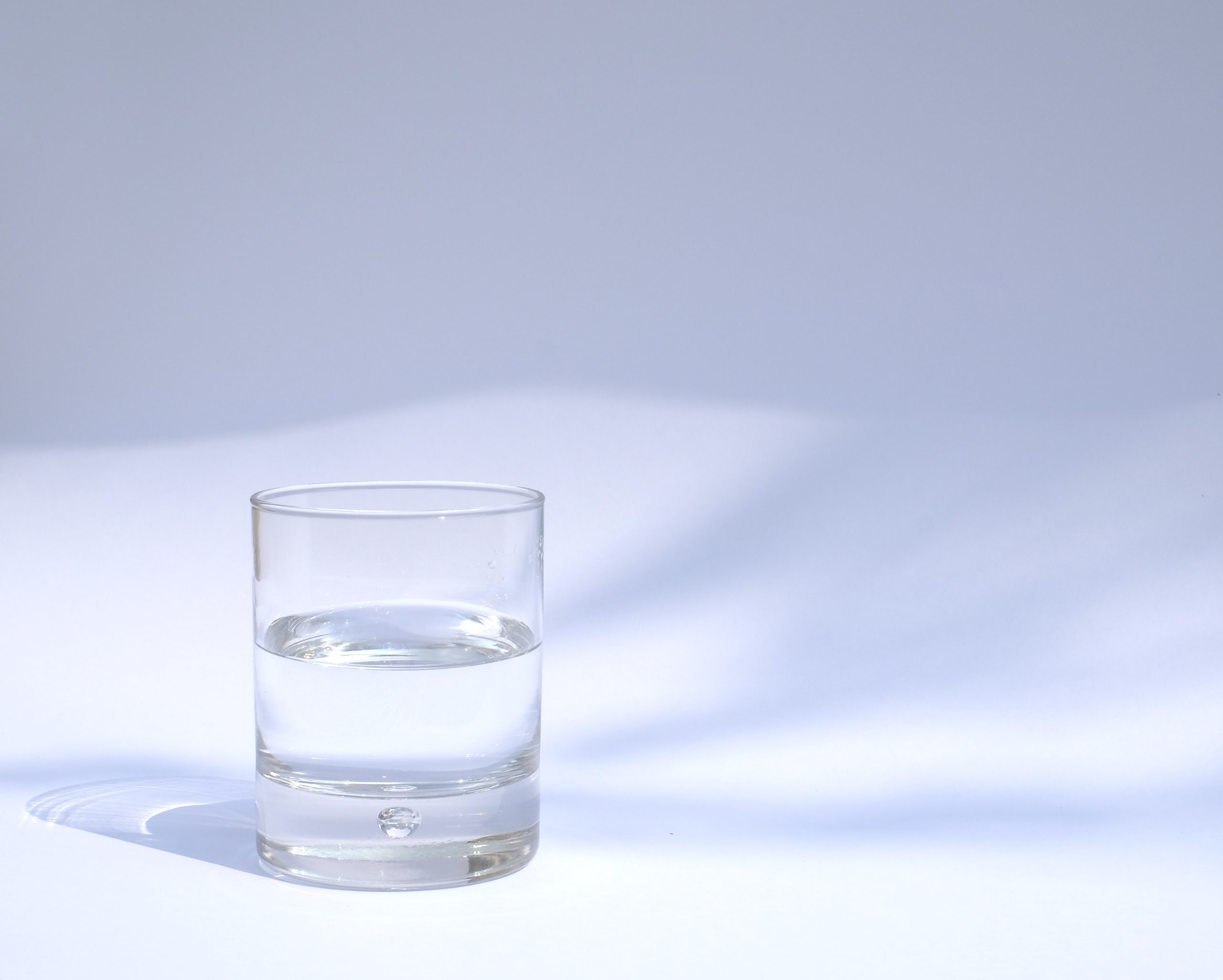While a glass of ice water can sound incredibly refreshing, it turns out that there are a number of reasons why drinking cold water can be harmful and warm water is far more beneficial.
Cold water can interfere with a number of healthy bodily processes and actually be detrimental to your well-being in the following ways:
- Cold water robs you of nutrients: The body’s natural temperature is 37 degrees Celcius. When you drink something that is very cold, your body has to spend an exorbitant amount of energy to regulate your core temperature. This takes away from energy that is needed to digest food and absorb nutrients.
- It may cause a sore throat: Extremely cold water may cause respiratory mucosa to build up, resulting in increased chance of infection causing a sore throat.
- It can increase your risk of headache: According to a 2001 study, women who had experienced a migraine in the last year were twice as likely to trigger a headache by drinking cold water.
- Heads up, cold water may contain dirty ice: We recently reported that ice is often dirty, coated with bacteria and fungus. This often is true of your ice at home.
On the flipside, here are some of the amazing health benefits of drinking warm water:
Aids Pain Relief
Drinking warm or hot water has a soothing effect on the muscles of the abdomen. It can provide relief from menstrual and abdominal cramping, as well as muscle spasms.
Boosts Weight Loss
By drinking a cup of hot water first thing in the morning, you can jump-start your metabolism. Warm water increases body temperature and increases the rate at which your metabolism burns calories.
Prevents Premature Aging
Drinking warm water helps to flush compounds from the body that can accelerate aging. It also improves skin elasticity by aiding in cellular repair.
Clears Nasal and Throat Congestion
Hot water is a wonderful natural treatment for colds. It can naturally dissolve phlegm and clear your airways. It not only clears out nasal congestion, but it also soothes sore throat symptoms as well.
Prevents Constipation
Hot water can help you to maintain bowel movement regularity. Dehydration is a frequent cause of recurring constipation problems. Not to mention that the movement of the bowel slows down as it fills up. The hot water can finish breaking down food remnants and flush them through the intestines.
Aids your digestive process
It is believed that drinking cold water during a meal might promote hardening of oils in the food and lead to a fat deposit in the intestine. As mentioned previously, warm water boosts metabolism and aids the digestive process.
Detoxifies Your Body
The act of drinking hot water naturally raises the temperature of the body. As the body temperature rises it activates the process of sweating, which flushes toxins out of the body through the pores of the skin. The extra hydration also helps the function of the kidneys to flush waste material out of the body, along with toxins.
Maintains balance in the body
Practitioners of Chinese Medicine believe that drinking warm water that is similar to the temperature of the body maintains balance. They believe that extremes of either hot or cold throw off the body’s yin and yang. Imbalances are believed to be responsible for symptoms like chills, depression, thirst, “foggy” thinking, sleepiness, bloating and more.
Enhances Blood Circulation
Drinking warm water breaks down fat deposits that are present in the body and blood stream. The warmth increases the flow of blood circulation and promotes the removal of toxins. The increased circulation induces muscle relaxation, which can reduce pain.
Instead of Cold Water, Try Warm Lemon Water
My favorite way to drink warm water is by adding a squeeze or two of fresh lemon juice. This is especially beneficial first thing in the morning. Lemons contain citric acid, magnesium, bioflavonoids, vitamin C, pectin, calcium and limonene, which supercharge our immunity so that the body can fight infection. They also help to lower the activity of free radicals and increase the breaking down of body fat, also known as adipose tissue.


